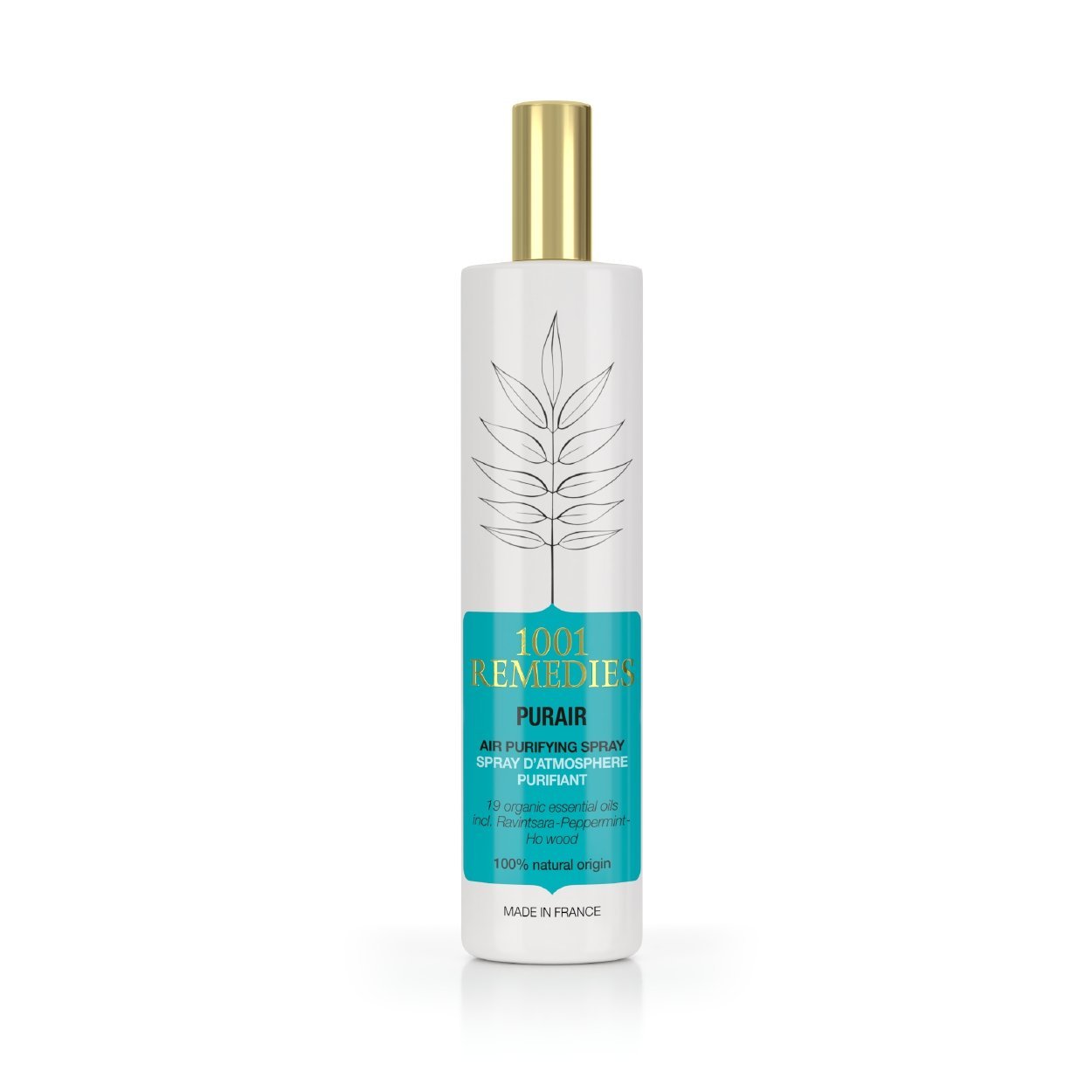Ingredients: Natural air fresheners often use essential oils and plant-based ingredients, which are less likely to contain harmful chemicals like phthalates, parabens, or synthetic fragrances that are commonly found in synthetic air fresheners. These chemicals can contribute to indoor air pollution and cause respiratory issues or skin irritation.
Volatile Organic Compounds (VOCs): Many synthetic air fresheners release VOCs, which can trigger allergies, asthma, or other respiratory problems. Natural air fresheners, especially those using essential oils, typically have lower VOC emissions.
Toxicity: Synthetic air fresheners may contain toxic ingredients such as formaldehyde or benzene, which are known to be carcinogenic. Natural air fresheners usually avoid these harmful substances, making them a safer option, especially in spaces where children or pets are present.
Environmental Impact: Natural air fresheners are often more eco-friendly as they are biodegradable and less likely to contain non-recyclable packaging or harmful chemicals that can damage the environment.
However, some people might still have sensitivities to certain natural ingredients (like specific essential oils), so it’s important to choose products based on individual preferences and sensitivities.












































